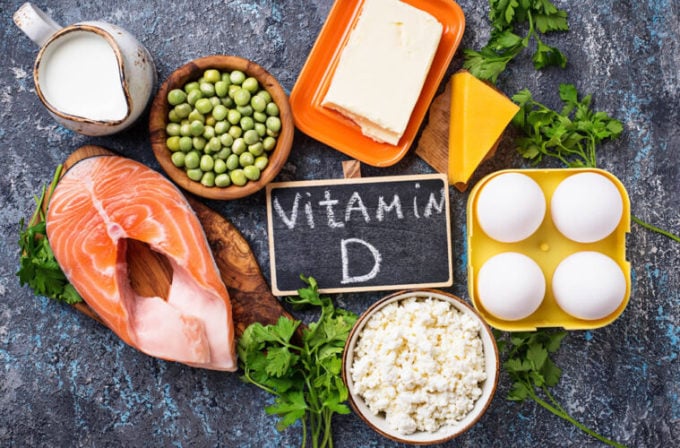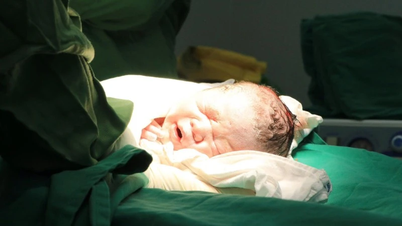Vitamin D deficiency causes women to have reduced estrogen levels; thereby reducing desire, orgasm and sexual satisfaction.
A study published in the European Journal of Obstetrics, Gynecology and Reproductive Biology , found that vitamin D deficiency caused women to have abnormal sexual activity, leading to symptoms of depression. Women also had lower orgasm rates.
Women who are deficient in vitamin D after menopause may be more susceptible to metabolic syndrome. This syndrome is related to the body's metabolic system, which leads to conditions such as diabetes, obesity, high blood pressure, and affects sex life.
Vitamin D deficiency also reduces estrogen levels in women, which leads to decreased sexual desire. Estrogen also helps the vaginal muscles to be strong and secrete better. Therefore, vitamin D deficiency indirectly causes vaginal dryness, making sexual activity uncomfortable.
In men, vitamin D deficiency can lead to decreased libido, as well as affect other functions such as erection and orgasm. This vitamin is also essential for penis development and high testosterone levels.

Additional sources of vitamin D. Photo: BetterLiving
Everyone should get vitamin D through diet and supplements if needed. Vitamin D needs vary by age and health status. The recommended intake of vitamin D is 600 international units (IU) per person, increasing to 700 IU for people over 70 years of age. A person should only take a maximum of 4,000 IU of vitamin D per day.
The easiest way to get vitamin D is to get some sun exposure. People should reduce the harmful effects of UV rays by regularly applying sunscreen and limiting activities in strong sunlight.
Very few foods are naturally rich in vitamin D, with fatty fish and fish oils being the richest sources. Smaller amounts are found in egg yolks, cheese, mushrooms, milk, and fortified cereals.
Chile (According to Healthshots, Times of India )
Source link


![[Photo] The 1st Congress of Phu Tho Provincial Party Committee, term 2025-2030](https://vphoto.vietnam.vn/thumb/1200x675/vietnam/resource/IMAGE/2025/9/30/1507da06216649bba8a1ce6251816820)
![[Photo] Solemn opening of the 12th Military Party Congress for the 2025-2030 term](https://vphoto.vietnam.vn/thumb/1200x675/vietnam/resource/IMAGE/2025/9/30/2cd383b3130d41a1a4b5ace0d5eb989d)
![[Photo] President Luong Cuong receives President of the Cuban National Assembly Esteban Lazo Hernandez](https://vphoto.vietnam.vn/thumb/1200x675/vietnam/resource/IMAGE/2025/9/30/4d38932911c24f6ea1936252bd5427fa)
![[Photo] General Secretary To Lam, Secretary of the Central Military Commission attends the 12th Party Congress of the Army](https://vphoto.vietnam.vn/thumb/1200x675/vietnam/resource/IMAGE/2025/9/30/9b63aaa37ddb472ead84e3870a8ae825)
![[Photo] Panorama of the cable-stayed bridge, the final bottleneck of the Ben Luc-Long Thanh expressway](https://vphoto.vietnam.vn/thumb/1200x675/vietnam/resource/IMAGE/2025/9/30/391fdf21025541d6b2f092e49a17243f)



































































































Comment (0)